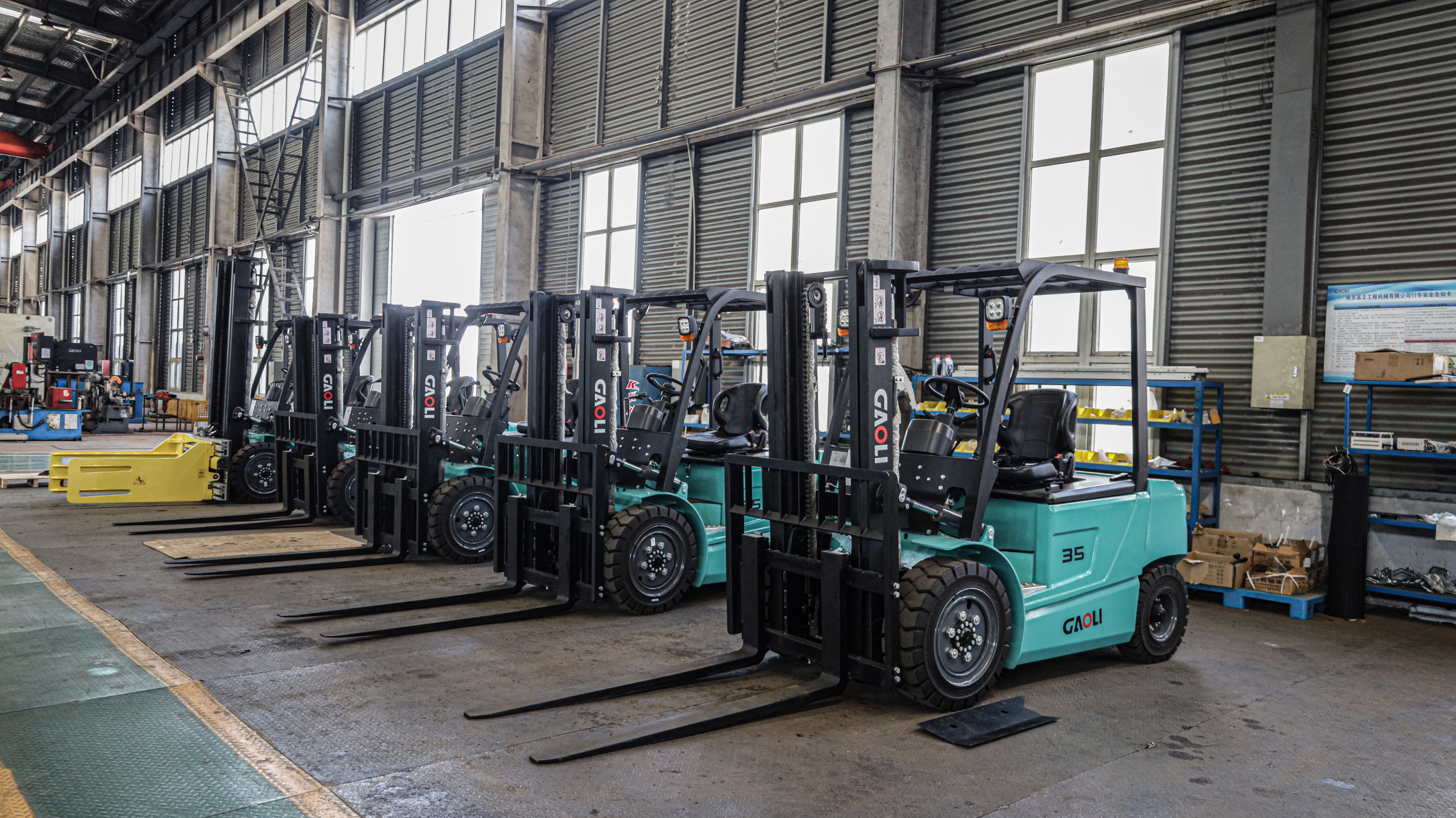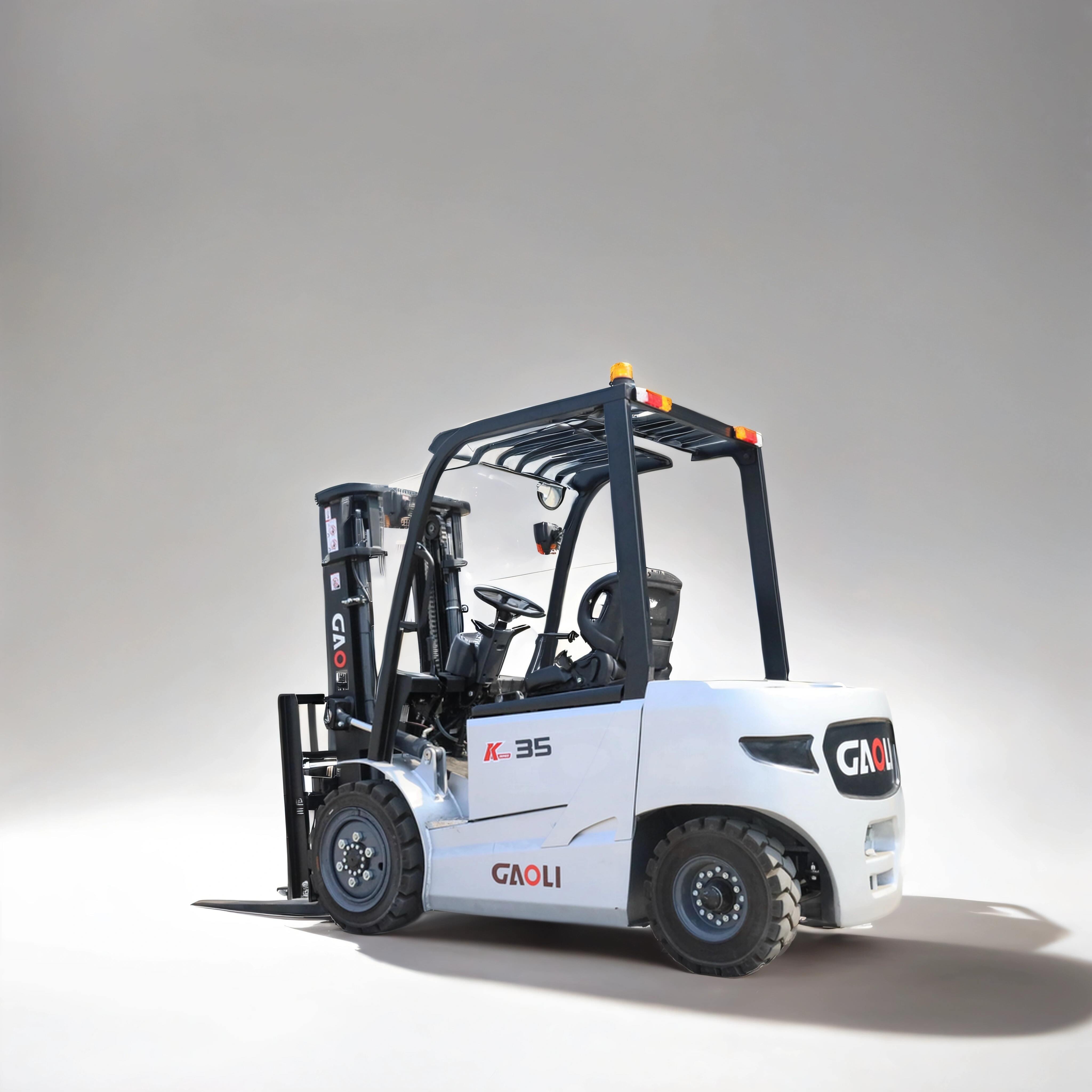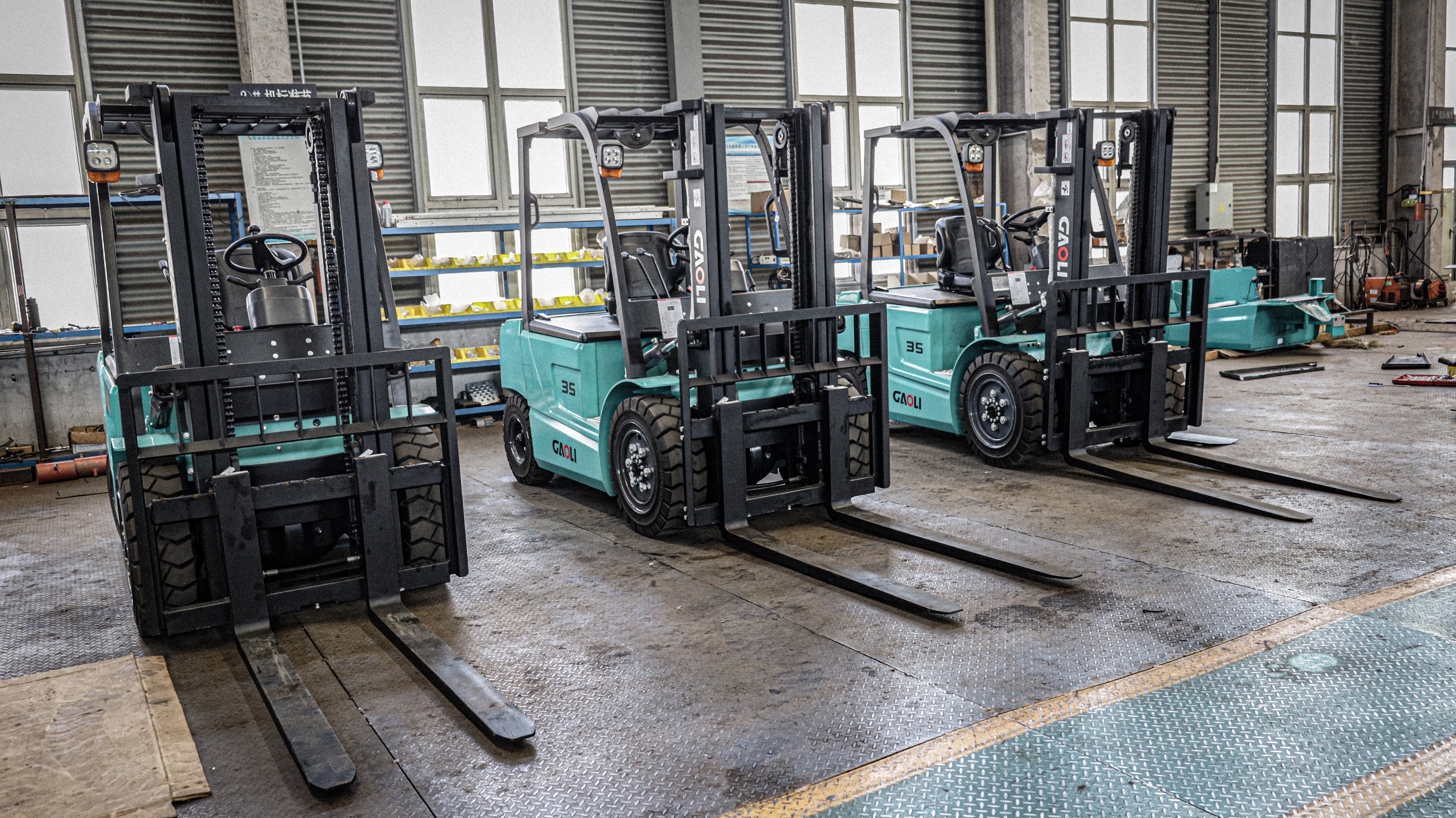forklift construction
The forklift construction encompasses a robust and versatile design essential for material handling in various industries. At its core, a forklift is a powered truck equipped with a mechanized fork or prongs on the front that can lift, carry, and stack materials on shelves or in transport vehicles. Main functions include lifting heavy loads, transporting goods within a facility, and placing materials at heights. Technological features include an ergonomic operator's cab, advanced hydraulic systems for lifting and lowering, and various fuel options such as electric, diesel, or gas. Forklifts are indispensable in warehouses, manufacturing plants, shipping docks, and construction sites, significantly improving efficiency and workplace safety.


